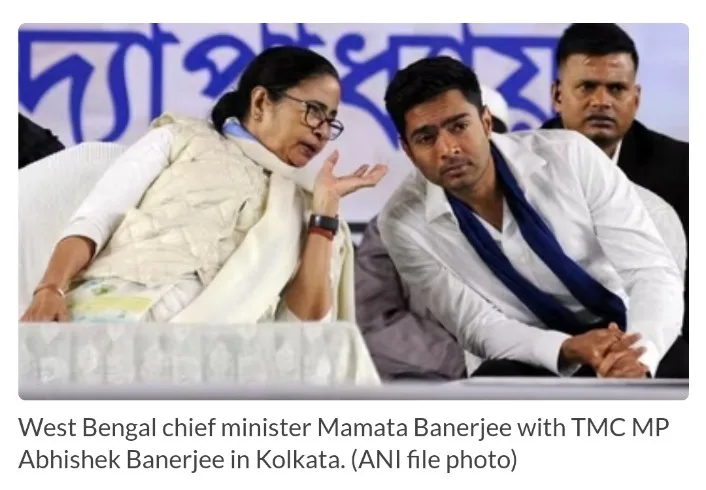Kolkata: The political landscape in West Bengal witnessed a seismic shift as Chief Minister Mamata Banerjee unequivocally denounced the Congress party’s alignment with the Communist Party of India (Marxist) [CPI(M)]. In a sharply worded critique, she asserted that such a coalition would inadvertently strengthen the Bharatiya Janata Party (BJP). The dramatic announcement came during an event in Bengal where Mamata Banerjee expressed her unwillingness to share even a single electoral seat with the Congress, citing their lack of representation in the state assembly.
“The Congress does not have even one MLA in the state assembly. I offered them two Lok Sabha seats in Malda, but they wanted more. I will not share a single seat with them. CPI(M) is their leader; have they forgotten the tortures of the CPI(M)?” Mamata Banerjee declared, underlining the historical grievances against the Left party.
Mamata Banerjee’s staunch refusal to collaborate with the Congress and CPI(M) further complicates the ongoing efforts by the Congress party to forge an alliance with the Trinamool Congress. The rejection of the proposed alliance is based on Mamata Banerjee’s conviction that such a political partnership would inadvertently play into the hands of the BJP, a concern she articulated strongly.
“I will never forgive the CPI(M). I will also not forgive those who support the CPI(M), as by doing so, they actually support the BJP. I have seen that in the last panchayat elections,” asserted Mamata Banerjee, emphasizing the potential ramifications of a Congress-CPI(M) alliance on the political dynamics in West Bengal.
Addressing concerns over a possible erosion of anti-BJP votes, Mamata Banerjee reiterated that her party, the Trinamool Congress, is the primary force capable of countering the BJP’s influence in the state. Her unwavering stance underscores a readiness to navigate the upcoming elections independently if necessary.
In response to Congress leader Adhir Ranjan Chowdhury’s allegations regarding an attack on Rahul Gandhi’s vehicle in Bengal, Mamata Banerjee clarified that the incident might have occurred in Bihar, not Bengal. She condemned the attack, dismissing it as a “drama” aimed at stirring controversy.
As the political dynamics continue to evolve in West Bengal, Mamata Banerjee’s resolute rejection of a Congress-CPI(M) alliance introduces a new layer of complexity to the intricate tapestry of the state’s political landscape.






